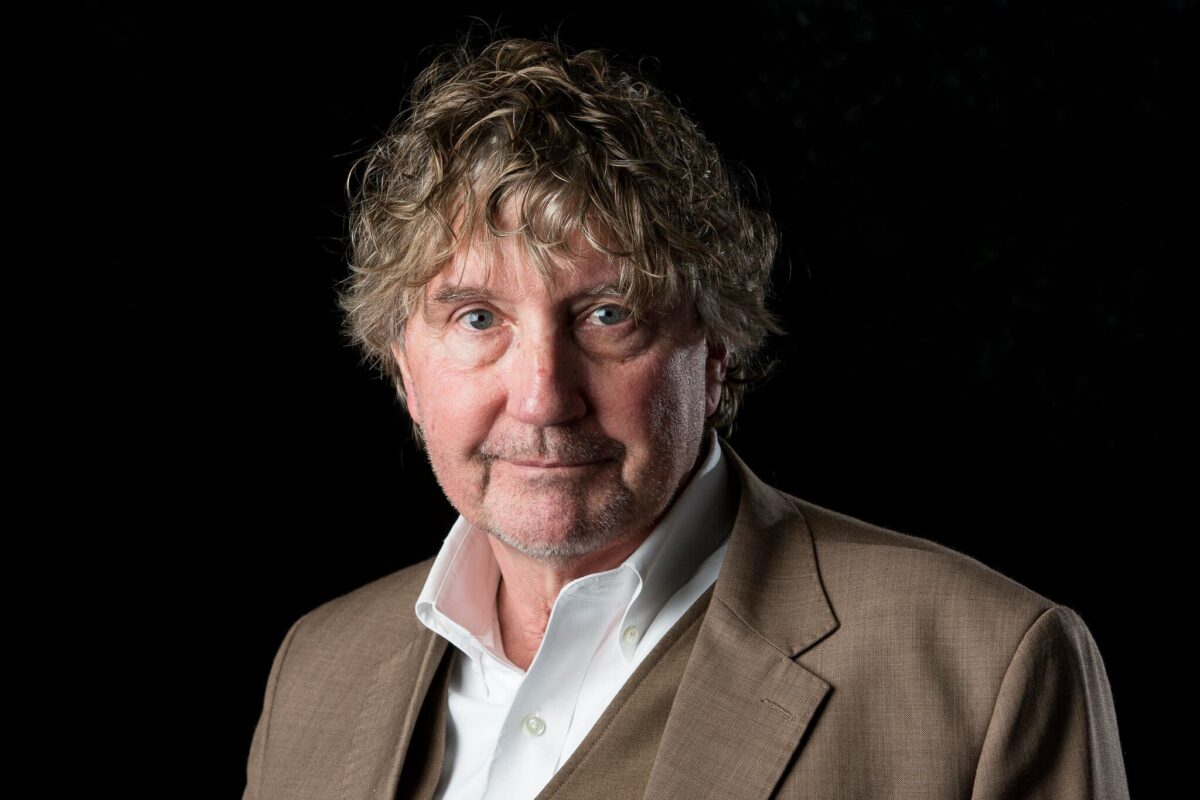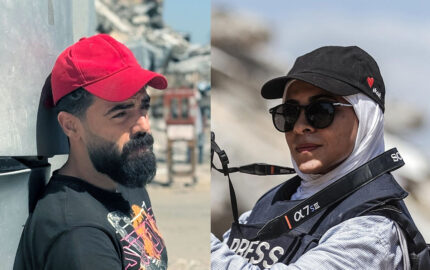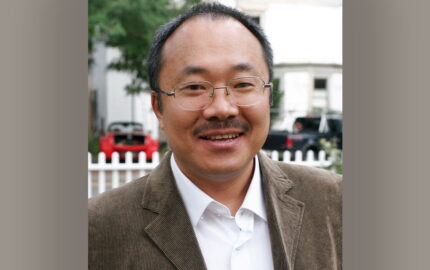Rod Nordland, a foreign correspondent who reported from more than 150 countries for The New York Times, Newsweek and The Philadelphia Inquirer, died on June 18, 2025, after a lengthy battle with glioblastoma. He was 75.
A 1989 Nieman Fellow, Nordland covered wars, conflict zones and world leaders as well as the human stories behind the news from postings in Bangkok, Beirut, Baghdad, Cairo, Rome, Sarajevo, San Salvador, Islamabad, London, Kabul and beyond.
After he was diagnosed with glioblastoma in 2019, he wrote openly about his brain cancer, the impact of the disease on his life and the healing it brought to his estranged relationships. Initially told by his doctor that he only had about 15 months left to live, he instead survived for almost six years thanks to experimental treatments led by Dr. Eric T. Wong of the Lifespan Cancer Institute at Rhode Island Hospital.
In his memoir, “Waiting for the Monsoon,” published by Mariner Books in March 2024, Nordland reflected on the important lessons learned during his life’s journey:
“Death was not alien to me. I had spent my career facing it down, my own and others, as an international correspondent for The New York Times and elsewhere. I’d covered wars from Cambodia in 1978 on through Iraq and Afghanistan, and I’d seen my share of carnage. But, if I’m honest, I never thought I’d die myself. And I didn’t. What actually happened was even stranger. In fact, the day of the surgery was the first day of what I’ve come to think of as my Second Life.”
Journalism shaped by early trauma
Born in 1949 in Philadelphia, Nordland had a difficult and impoverished childhood marred by an abusive father who beat him, his siblings and mother. That experience shaped his reporting and the stories he later wrote about vulnerable individuals and their challenges.
After his mother left his father and moved the family back to Pennsylvania from California, Nordland started working to help support his family when he was only 13. Later, as a senior in high school, he discovered the power journalism and his own words when he wrote to his local paper, The Times-Chronicle in Jenkintown, Penn., to complain about a policeman who had beaten his brother Gary: The policeman was later suspended.
In 1972, he earned a bachelor’s degree in journalism from Pennsylvania State University, where he was a reporter for the school’s student newspaper, The Daily Collegian. After graduation, Nordland joined The Philadelphia Inquirer, where he was part of the team that won the 1980 Pulitzer Prize in local reporting for coverage of the Three Mile Island nuclear accident. He also began his international reporting career, covering the Far East and Central America during the 1980s.
He was selected as a finalist for the 1983 Pulitzer Prize in International Reporting for his Inquirer coverage of the impact of war and famine on Cambodia, Vietnam and East Timor.
In 1984, he joined Newsweek where he was the magazine’s chief foreign correspondent and was based in London, Beirut and Baghdad.
In 2009 he joined The New York Times as a foreign correspondent and was named Kabul bureau chief in 2013. He later worked as a Times correspondent at large.
In addition to recognition by the Pulitzer Prize board, his awards include two George Polk awards, several Overseas Press Club awards, the 2013 Heywood Broun Award and many others. He received the Signet Medal from the Signet Society at Harvard University in 2016 and a distinguished alumni award from Pennsylvania State University.
Nordland and was a member of the advisory board of the Tufts University Program for Narrative and Documentary Practice, the National Press Club in Washington, D.C., and the Associazione della Stampa Estera in Italia.
His book “The Lovers: Afghanistan’s Romeo and Juliet, the True Story of How They Defied Their Families” was published in January 2016 by Ecco/HarperCollins.
Nordland is survived by his wife, Leila Segal, and his three children Lorine, Johann and Jake.
Additional reading:
Brain Cancer Was Supposed to Kill Me. Instead, It Gave Me a Second Life.
A devastating diagnosis prompted a reporter to revisit his past — and repair his mistakes.
By Rod Nordland
Newsweek:
War Correspondent Living With Cancer Talks Near Misses and Exit Plans
By Rod Nordland



